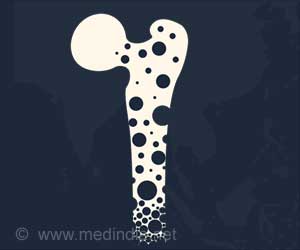Leading cancer researchers from around the world are working together to catalogue the genetic changes of the 50 most common cancers.
Fifty of the most common cancers are to be cataloged by some of the world's leading cancer researchers.
They say it's the first step towards developing personalised cancer treatments.The paper is being authored by over 200 members of the International Cancer Genome Consortium (ICGC), which formed in 2008.
"The consortium is providing the global research community with the best possible research tool - how to select the next clinical trial. Whole genome sequencing allows us to pinpoint the exact molecular aberrations of each tumour. Understanding the aberrations allows you to target them with drugs," said author Andrew Biankin.
"For example, you might find that the aberrations in a subtype of colon cancer are the same as the aberrations in a subtype of melanoma. In that case, the treatment that works in the colon cancer may be appropriate for the melanoma. So you'd go ahead and test it."
"The problem we have is the complexity of cancer. No two tumours are the same, even within the same type of cancer. They may look the same under the microscope, but their molecular aberrations vary greatly."
"When we treat a cancer, we give a person the drug that's most likely to work - within the limitations of our current understanding. The drug may not work for that individual, even though it works for the majority of patients with the same kind of cancer.
Advertisement
"The consortium's internet-based databanks will help us treat specific cancers with specific treatments. Not only that, the information will help us understand why some treatments work and others do not, and then design better drugs to target faulty elements or mechanisms," he added.
Advertisement
Source-ANI
TAN














